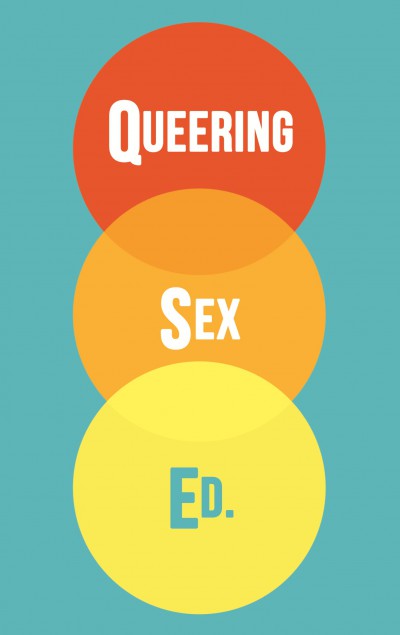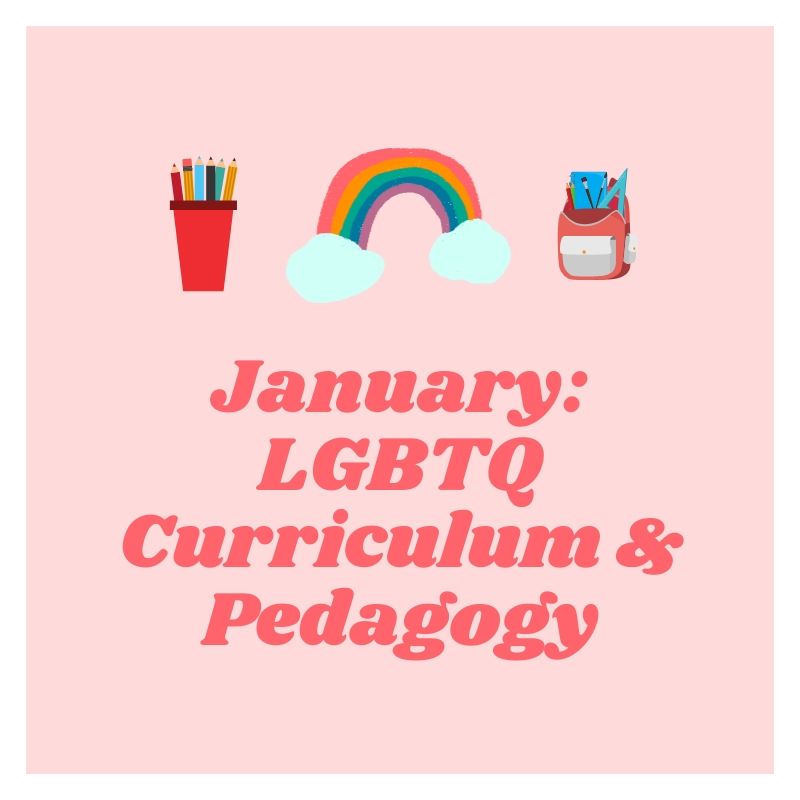As we come to the end of January, we wanted to highlight the voices and advice from LGBTQ families from our study on how educators can implement LGBTQ curriculum and pedagogy in the classroom. Our website features a range of videos sorted in themes including advice for teachers, which provides various clips from our interview study on how educators can better support LGBTQ students and families in the classroom.
In the video highlighted here, Nicole and Mita discusses the importance of teachers breaking down their understanding of who LGBTQ peoples are and what they ought to be, to include an intersectional lens at the history and people who make up the community.
For more interviews regarding advice for teachers, please refer to the following link:
http://www.lgbtqfamiliesspeakout.ca/videos/category/advice




 RSS Feed
RSS Feed